Located over a thousand miles from the nearest landmass, Tristan da Cunha is really remote.
This little group of isolated islands is surrounded by miles and miles of the South Atlantic Ocean. It's 1,750 miles away from the coast of South Africa and 1,500 miles from the nearest landmass, making it the most remote inhabited island group on earth. There are six total islands there: Tristan Da Cunha (the main island), the aptly-named Inaccessible Island, Nightingale Island, Middle, Stoltenhoff and Gough.
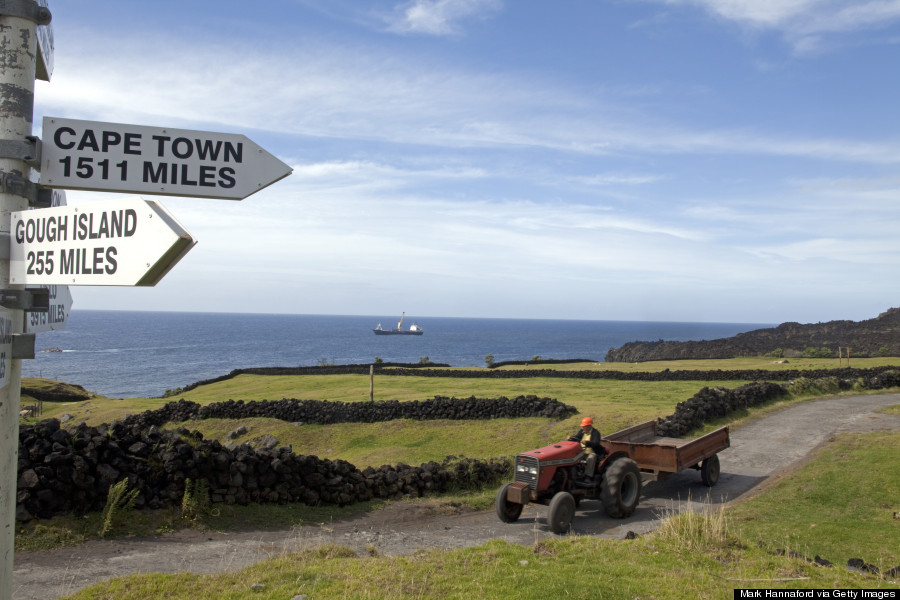
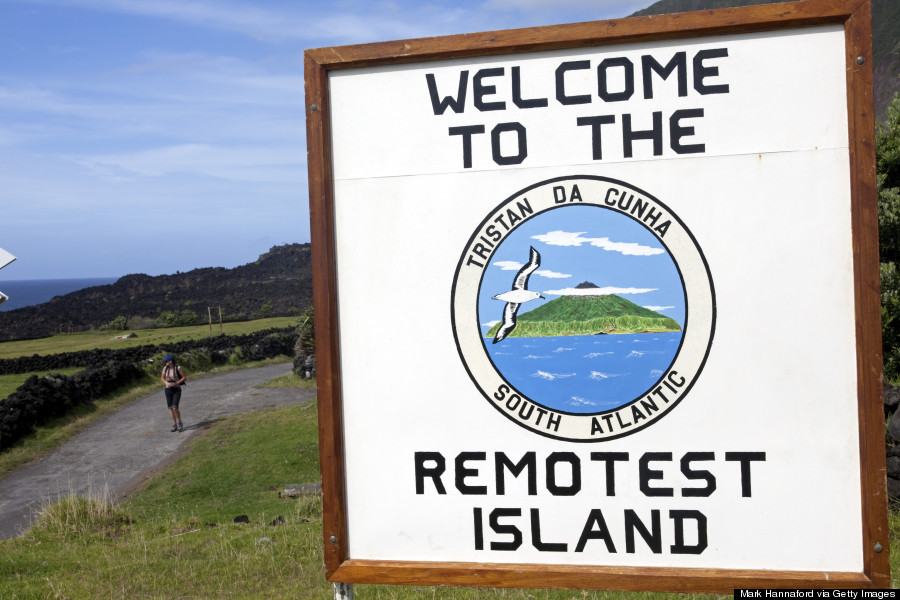
Early explorers passed over Tristan da Cunha because of its rugged landscape, lack of natural harbor and harsh climate with heavy winds throughout the year. The island was settled by the Brits in 1816 and has since played important roles in various wars.
Today, the main island is inhabited by about 275 residents, and no new residents are currently allowed. The island's population is made up of 80 families with just seven surnames, meaning mostly everyone is kind of related.
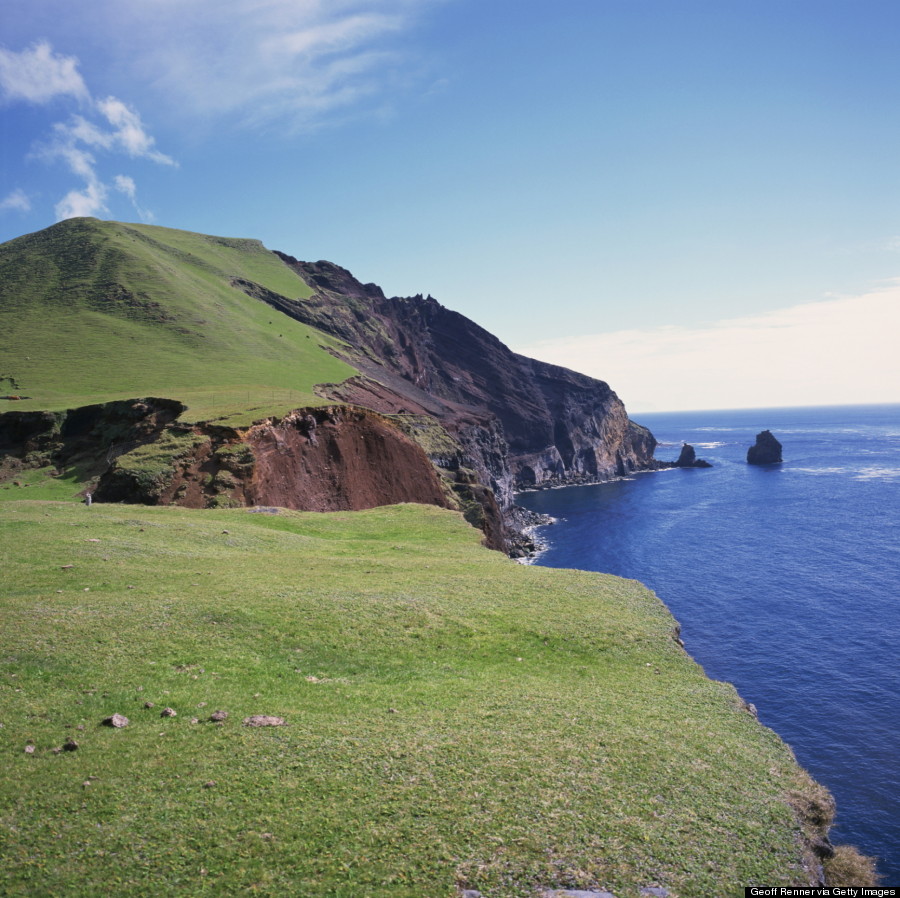
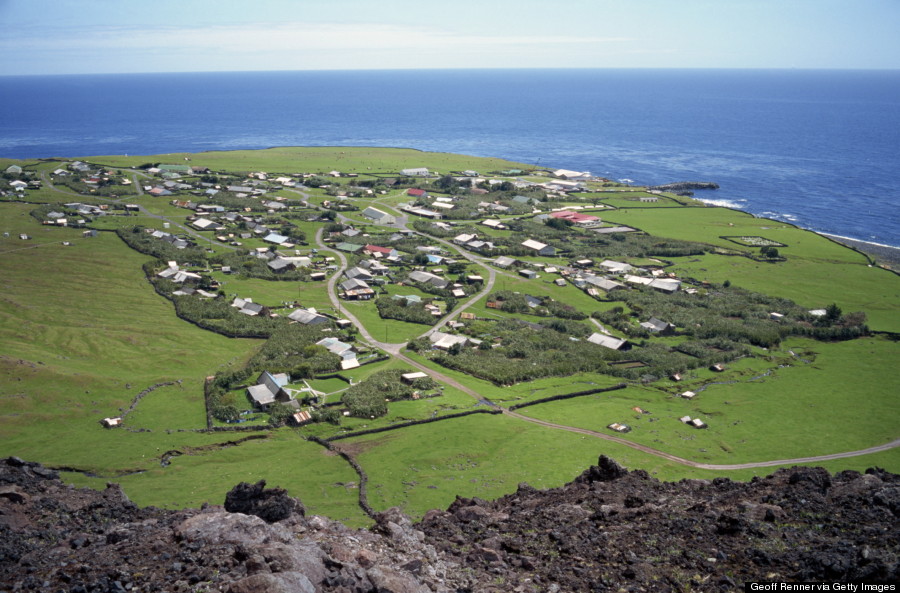
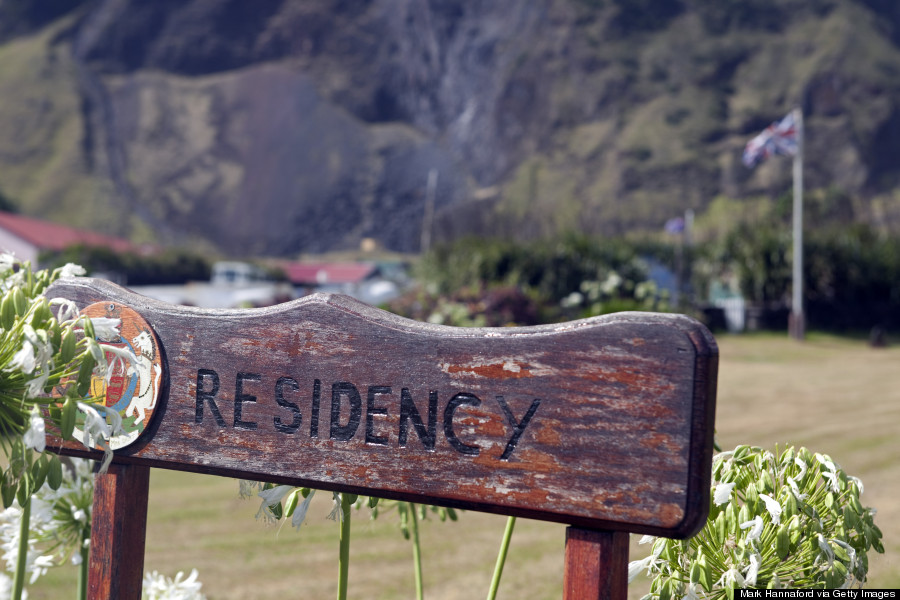
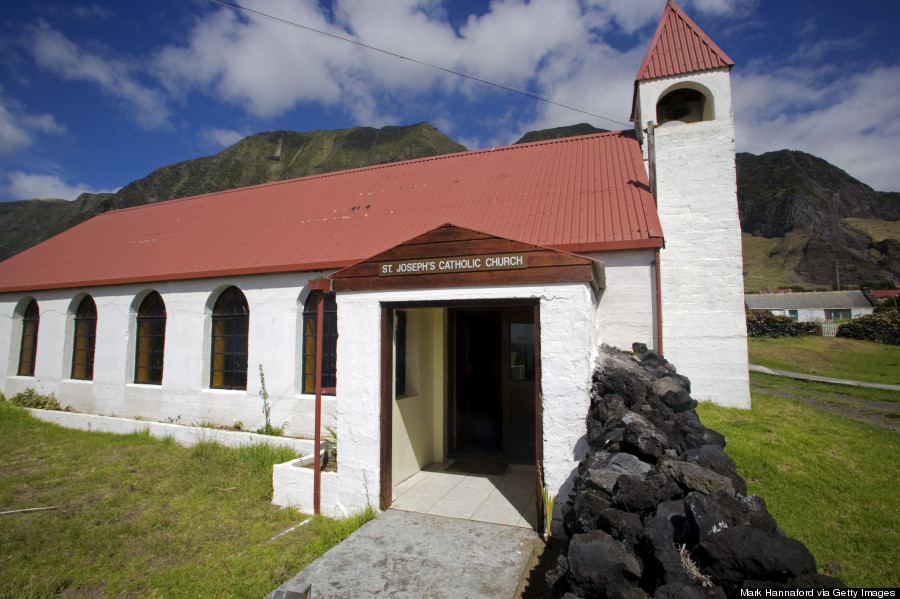
Visiting Tristan da Cunha is a trek, but it's worth it if you want to experience true remoteness. All visitors must receive permission before they embark on their adventure. The island is only accessible by ship via a 1,750 mile, six-day boat ride from Cape Town.
Once on the island, visitors can explore the settlement area, called Edinburgh of the Seven Seas, which boasts shops, a golf course, houses, a school and the harbor. While remote, the settlement isn't totally disconnected -- there's television, radio and an online newspaper. An Internet cafe opened on the island 2006.
The island is also brimming with wildlife and natural wonders include penguins, albatross, whales, a volcanic park and a variety of vegetation.
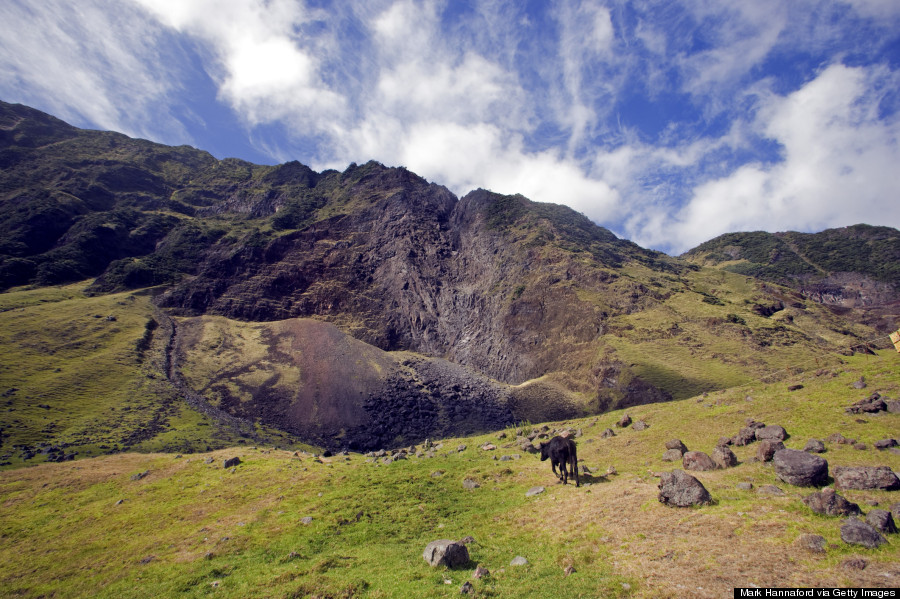
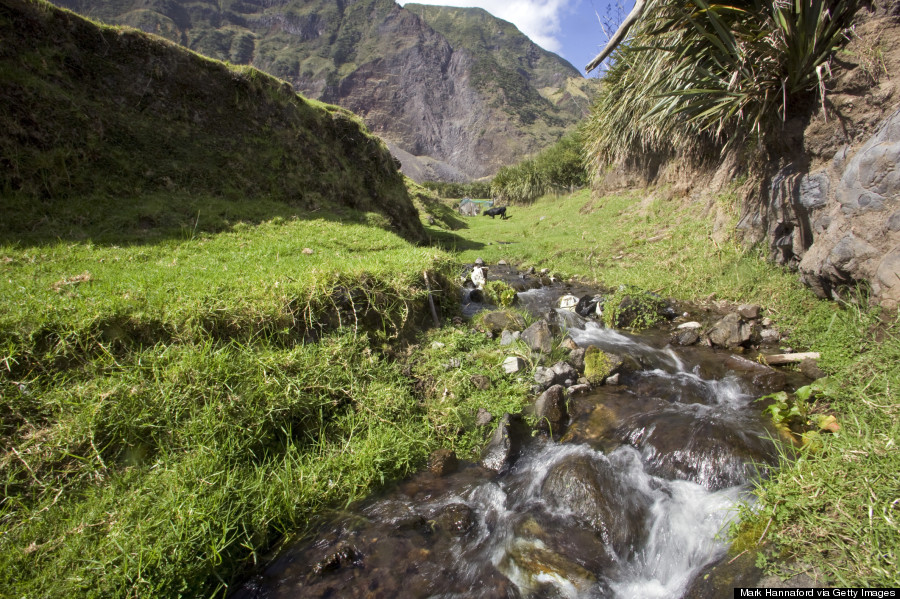
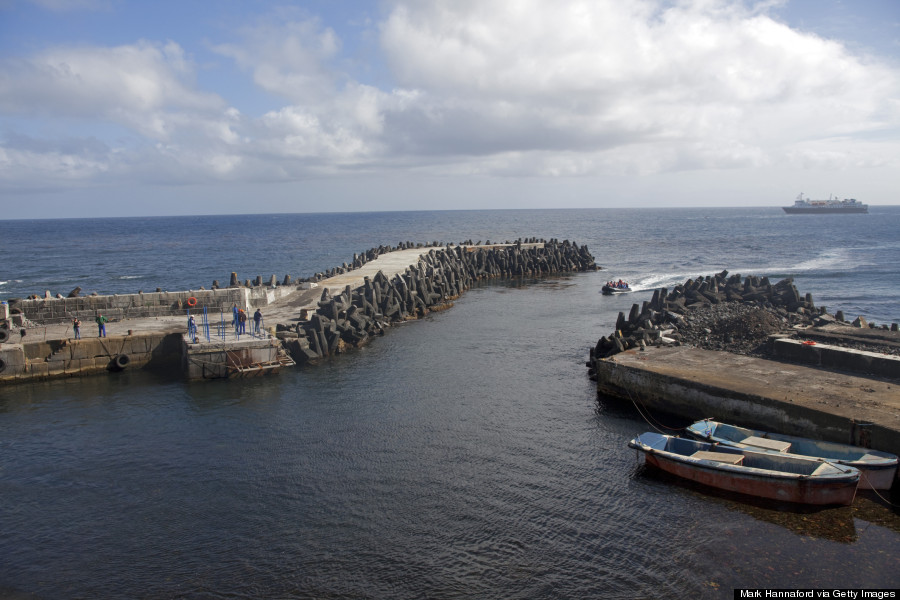
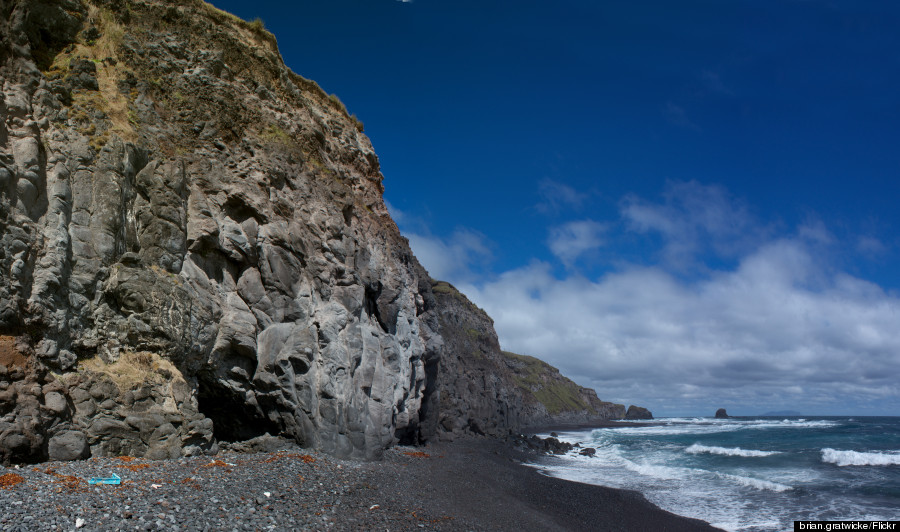
A visit to Tristan da Cunha is a true adventure. From the island's unique history to its extreme isolation, there's really nothing else like it.